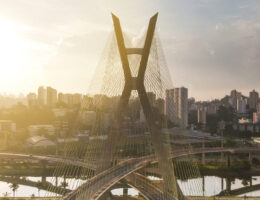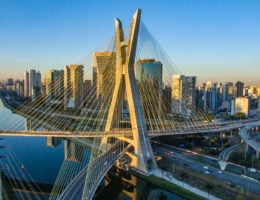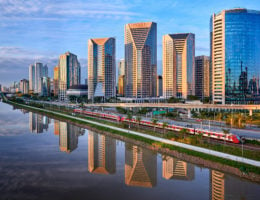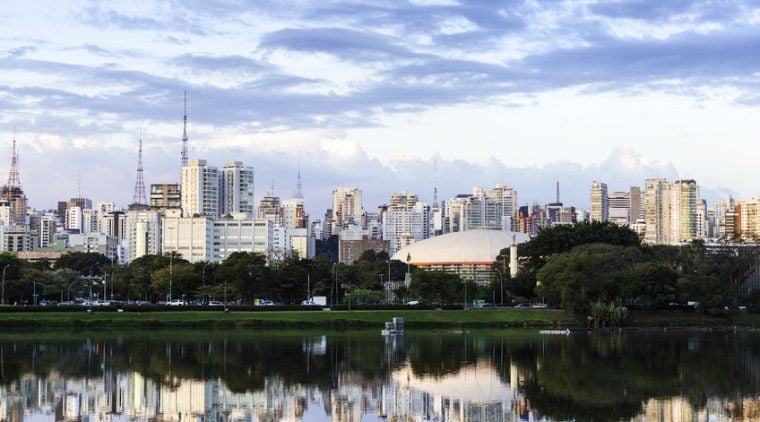The Brazilian Institute of the Environment and Renewable Natural Resources (IBAMA) established a new way of calculating the Environmental Control and Inspection Fee (TCFA) and, as of the first quarter of 2024, the economic size to be declared by subsidiaries will be the economic size of the parent company and the subsidiary jointly, considering the annual gross income of the legal entity as a whole for the basis for calculating this fee.
The rise of conscious consumerism has led to consumers actively seeking out sustainable, environmentally friendly and ethically produced goods. In response to this growing demand, many consumer goods and retail (CG&R) companies have embraced sustainability and green credentials as a marketing tool, but is this greenwashing? Baker McKenzie produced this guide to outline the legal landscape, regulations and key actions CG&R companies can take to mitigate the risks associated with greenwashing claims in Latin America.
On 21 December 2023, the Brazilian House of Representatives approved the new text of Bill 2.148/15, which aims to create the Brazilian Greenhouse Gas Emissions Trading System, i.e., the regulated carbon market in Brazil. The text will still be sent to the Brazilian Federal Senate and could return to the House of Representatives if further changes are made.
On 6 November 2023, State Law No. 17,832 of 1 November 2023 was published in the Official Gazette of the State of Sao Paulo, creating the “Consolidation of the State’s Consumer Protection Laws,” which aims to unify the main laws that protect consumer rights in the state, bringing them together in a single document to facilitate legislative consultation.
On 5 June 2023, Federal Decree Nos. 11,546, 11,547, 11,548, 11,549, and 11,550 were enacted, setting forth provisions related to climate change.
On 16 May 2023, the National Consumer Secretariat (SENACON) published Technical Note No. 14/2023, establishing guidelines for confronting racism within the scope of consumer relations.
On 12 April, Justice Secretary Flavio Dino issued an ordinance that makes it possible to hold digital platforms accountable for the dissemination of content that promotes violence in schools. The document sets forth specific obligations for platforms, such as the immediate removal of certain content after a request from the competent authorities, systemic risk assessment, adoption of measures to prevent the spread of new threats to schools and a policy of active content moderation by application providers. In addition, platforms must prepare reports for the justice secretariat analyzing the risk factors of spreading certain illegal content, and whether recommendation algorithms or other algorithms used by platforms, as well as the content moderation practices adopted, contribute to such risk factors.
IBAMA Directive No. 16, which became effective on 5 December 2022, introduced a system for Forestry Traceability Source Document (DOF+)as a tool for issuance, management and monitoring of mandatory licenses for the transport and storage of forestry products from native species in Brazil.
On 19 May 2022, Federal Decree No. 11,075/2022 was published, establishing the National System for Reduction of Greenhouse Gas Emissions and the procedure for developing the Sectoral Plans for Climate Change Mitigation.








